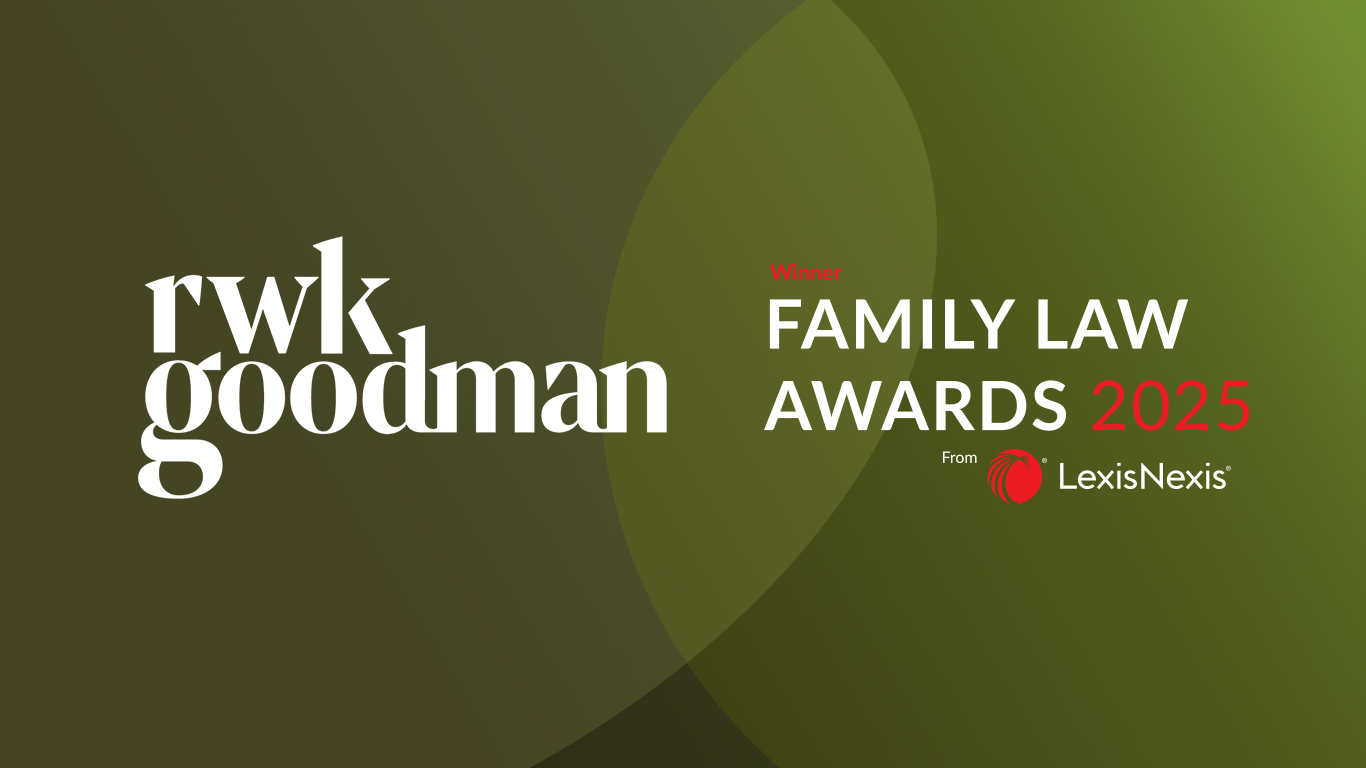What is a parental order in surrogacy?

Surrogacy is when a woman enters into an agreement to carry a child through pregnancy, with the intention that after the birth, the child, and her rights as a parent to that child, are transferred to the intended parent(s). In the UK, you can only pay a surrogate for their reasonable expenses and any commercial arrangements cannot be entered into.
In this article we explore the importance of securing a Parental Order if you are considering, or are going through, surrogacy.
What is a Parental Order in surrogacy?
A Parental Order transfer legal parenthood and parental responsibility from a surrogate (and potentially her spouse) to the intended parents. It is important to note that in the UK, if a child is born through surrogacy and the surrogate is married, then her spouse or civil partner will also potentially acquire parental responsibility on the birth of said child.
Why are Parental Orders important for intended parents of surrogacy and how do they protect the status of the child?
A Parental Order is crucial as it grants full parental rights to the intended parents meaning that when the Parental Order is in place, the surrogate and her spouse, lose all legal rights to the child. The effect of the Parental Order is that the child becomes the child of those applying for the Parental Order, and any legal links to any other parent(s) come to an end. This therefore not only has legal implications but also emotional consequences as a Parental Order ensures that the child is legally recognised as the child of the intended parent(s).
A Parental Order also protects the child’s nationality, citizenship and inheritance rights. This is especially important for any intended parent that is not a British national as it is through the genetically linked applicant that the child can establish rights of entry to the UK.
Once a Parental Order is in place, the applicant(s) can then be entered onto the birth certificate of the child. In the UK, the birth certificate would be reissued, or where the child was born abroad, then a British birth certificate showing the applicant(s) as parent(s) would be issued for the first time.
What timeframes need to be in place for a Parental Order and how long do they take?
Parental orders are made under section 54 of the Human Fertilisation and Embryology Act 2008. In surrogacy, an application for a parental order must be made six weeks after the child is born but before the child is 6 months. Further, one of the applicants must be genetically related to the child; the conception must have taken place artificially; you must reside permanently in the UK (or Channel Islands or Isle of Man) and have the child living with you.
If you are applying with your partner, then the above criteria also applies but you also must either be married, civil partners or living as partner.
An application for a Parental Order can take anywhere between 6-12 months to be granted. Once the application is made, a parental order reporter from CAFCASS is appointed. They will then meet with the intended parents and the surrogate to ensure that the surrogate freely consents to the application for a Parental Order being made. Ultimately, the Court will be considering if it is in the child’s best interest for such an order to be granted.
What can happen without a parental order?
In the UK, without a Parental Order then the surrogate remains the legal parent of the child, even if the surrogate is not genetically related to the child. This means that the surrogate retains the legal authority to make important decisions about the child. These decisions include but are not limited to the child’s education, medical care and travel. Ultimately, the intended parents would have to get the surrogate’s consent for any important decisions relating to the child. Problems can arise if a Parental Order is not obtained and communication with the surrogate has broken down or the surrogate cannot be located to contact.
Are Parental Orders different if having a surrogacy from outside the UK?
As mentioned above, in the UK, surrogates are prohibited from engaging in a financial relationship with the intended parent(s), other than having their reasonable expenses paid for. Therefore, intended parents are increasingly looking towards surrogates abroad who are in countries with less restrictive regulatory regimes or where surrogacy is completely unregulated, and commercial relationships can be entered into. The ability to enter into a commercial relationship widens the pool of surrogates which is somewhat limited in the UK.
Intended parents need to be aware that currently there are not any international conventions or reciprocal arrangements in place between countries to govern surrogacy. This means that any orders made overseas are not recognised or enforceable in the UK. Therefore, intended parents still must apply for a Parental Order in the UK despite any overseas order or arrangement in place, to ensure that parenthood and parental rights are transferred to them.
In some jurisdictions, the legislation allows for the intended parents to seek orders before the birth so that the intended parents are to be recognised as the child’s legal parents before the child is born. However, this does not substitute a UK Parental Order, so again, the intended parents must still apply for a Parental Order in the UK. The risks then arise here in obtaining consent. As Parental Orders in the UK are to be made 6 weeks after the birth of the child, in theory, any consent that was given prior to the six weeks, is not valid. Again, problems can arise if the intended parents cannot get in touch with the surrogate six weeks after the birth of the child or even where the surrogates spouse (who also potentially has parental responsibility) cannot be located or refuses to give their consent.
A Parental Order should always be applied for, regardless of agreements or orders obtained from abroad. A Parental Order secures your rights as a parent and ensures that after surrogacy, you retain the same rights as all other parents. It is important to always seek legal advice before commencing surrogacy to ensure that you and your child are protected.











